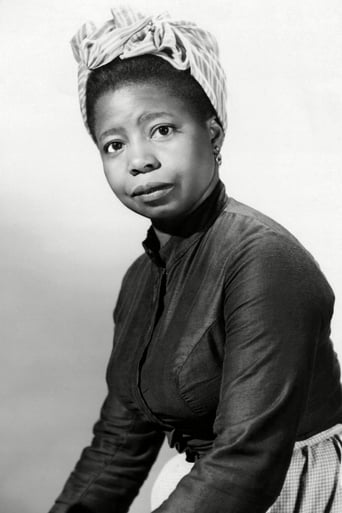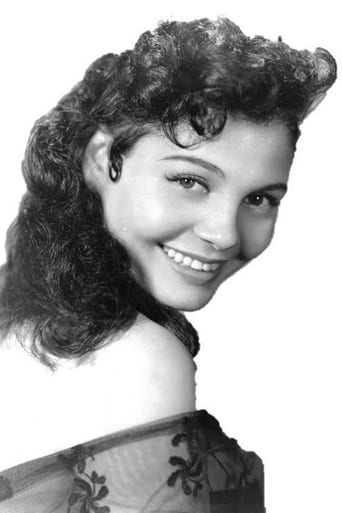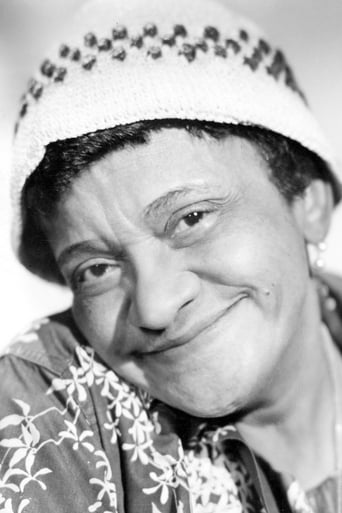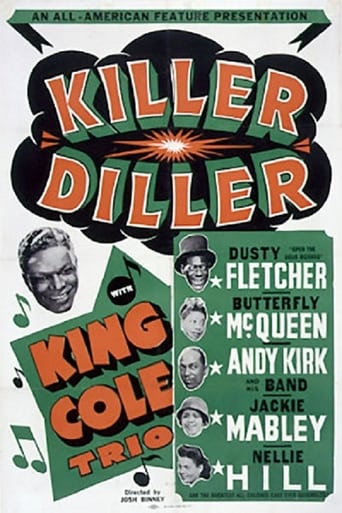
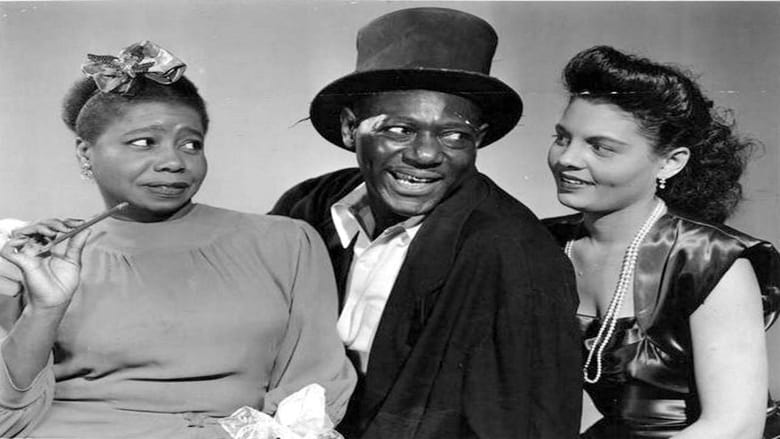
Killer Diller (1948)
An all-Black comedy and dance revue with stars of stage and screen.
Watch Trailer
Cast


Reviews
Fans of the Fats Waller musical tribute "Ain't Misbehavin'" will adore this all-black film set in a Harlem nightclub., featuring some of the best black entertainers of the 1940's. It's all about putting on a black musical revue, with a bit of a jewel heist caper thrown in for good measure. Everyone from Moms (Jackie) Mabley, Butterfly McQueen (being very much like Gracie Allen) to Nat King Cole and wonderful imitators of the Ink Spots get to perform. Mobley is funny in a sequence where, like the Keystone Cops ballet in "High Button Shoes", thinks the audience is laughing at her while a variety of cops appear behind her, coming out of a magic booth involved in humorous hijinks. The musical highlight is a performance of "Tain't Nobody's Business If I Do" and the unforgettable voice of Nat King Cole, here not singly billed, but appearing as part of the King Cole trio. The film's print is rather poor but the sound quality is satisfactory, making this a great record of what black audiences and the many other fans of that style of entertainment were enjoying "way uptown" in the golden age of Harlem entertainment.
Killer Diller is one of the hundreds of films Hollywood churned out in the Thirties and Forties with minimal budgets, usually limited skills with the behind-the-camera personnel and with all-black casts. As soon as the pictures were in the can they were sent out to play in the movie equivalent of the old vaudeville chitlin' circuit...movie theaters in the South that played to segregated black audiences and movie theaters in the north that played to almost exclusively black audiences. The movies might have been second rate but the artists seldom were. Hollywood might now be incessantly patting its back about how liberal and open- minded it is toward black actors (we won't get into the situation with Latinos), but a generation ago just about the only opportunity for talented and skilled black entertainers were in these unofficially segregated movies. If we want a better understanding of Hollywood movie-making, we need to see some of these films. For many of the entertainers featured, these films are the only record we have of what they could do. On the one hand, these movies make a sad and discouraging story. On the other, what wonders these artists could perform. Killer Diller has the slightest of story lines, something about Mortimer Dumdone (George Wiltshire), the impresario of a theater who is presenting a variety show, somehow seeing his fiancé, Lola (Nellie Hill) disappear in a magic trick with a string of expensive pearls around her neck. A fake magician (Dusty "Open the Door, Richard" Fletcher), pretending to be Voodoo Man, is responsible. Dumdone's secretary, Butterfly McQueen, calls in the cops, who turn out to be a quartet of bumbling, falling, sprawling incompetents. Now forget all that. The point of the movie is the variety show, and it's a lot of fun. Basically, the director set up his camera facing the stage and then took a long lunch break. Let's see...there's Andy Kirk and His Orchestra doing some great, driving swing numbers featuring jazz saxophones...vocalist Beverley White, a cross between Pearl Bailey and Ethel Waters, singing..."I don't want to get married / for when you're single you have so much fun.I don't want to get married / 'cause two don't live as happily as one. Now I might want to stay out late some times all the way next dayAnd I don't want to be worried about what my husband's going' to say." There's Patterson and Jackson, two large and very round singers, one a first-rate tap dancer, who manage among their other bits to do a wonderful impression of the four Ink Spots...Moms Mabley, that rough-voiced, dry-witted comedienne, serves up laughs and a song...The Clark Brothers, two young men who are all fast taps and smooth moves, never let up in a long tap routine...The King Cole Trio performs three numbers. Nat Cole already is as stylish and distinctive a vocalist as he was a great jazz pianist. There's also a dancing chorus and a blow-'em-away finale that brings the Trio and the Andy Kirk Orchestra together in a big, flashy swing number. Every now and then we check back to see how the plot line is going. Dusty Fletcher, the fake magician, is a comic actor with great timing. He also, like so many black comedians way back when, uses all the black exaggerations in the book to get laughs, just as so many Jewish comedians have used all the stereotyped "Jewish" characteristics. It seems that when an ethnic comedian uses stereotypes to get laughs from his or her own ethnic group, it's accepted, even if uneasily at least by those not of the group. But a comedian not of the ethnic group using those same comedy lines and voice inflections just seems odious. It's an uncomfortable and understandable situation. We might make a joke about our Aunt Bertha, but we don't want to hear a joke about her coming from the neighbor down the block. Yet I still felt awkward seeing Fletcher saying and doing the kind of eye- rolling exaggerations that made Amos and Andy popular back then and which seem extraordinarily condescending now. The saving grace, I suppose, is that Fletcher may be playing an unschooled charlatan, but the man's as sly as a fox, as shrewd as a Washington lawyer and a heck of a lot funnier than either Amos or Andy.
This is another of the filmed vaudeville shows that played to black theaters in the 40's and 50's. These films have just enough plot to string together some musical and comedy acts with varied amount of success. I've seen several of these films now thanks to bargain DVD companies and this is one of the best.The nominal plot has a theater owner needing a magician to replace one thats disappeared. A booking agent send over a beaten ratty looking gentlemen who makes mischief between the owner and his girlfriend. The owner wants to see the magic act and the magician obliges by making the girlfriend disappear not to mention the police who come to investigate. A chase begins, which gets paused as some one remembers that the show must go on, so the doors are opened and the audience enters. What follows are some dynamite musical and comedy acts including Nat King Cole and Moms Mabley (who appeared in other films like this to better effect, but I'm quibbling). Its a great deal of fun and unlike most other films of this type there really isn't a bad act in the bunch. The film ends with the magician doing his thing...but to say any more would be telling.Definitely a film worth searching out. No only one of the best films of this type, its also just a very good filmed piece of entertainment. Certainly the sort of thing that will bear repeated viewings, which is probably the best thing I can say about any film.
Don't be fooled by the other reviewers. Although this film contains an impressive array of talent, the material they present leaves a great deal to be desired. Nat King Cole's 3 numbers are pretty lame and not even close to his later efforts, though he does impress with his piano playing. 'Moms' Mabley is not a bit funny, though I remember her as a very entertaining talk show guest from my youth. Actually, the best performances are from a couple of fat guys who impress with a lively tap dance and a Four Tops takeoff, and the jazz band itself, especially in the number featuring the bass player. The print itself is pretty poor quality, and the wonderful Butterfly McQueen is totally wasted in the wraparound plot.


